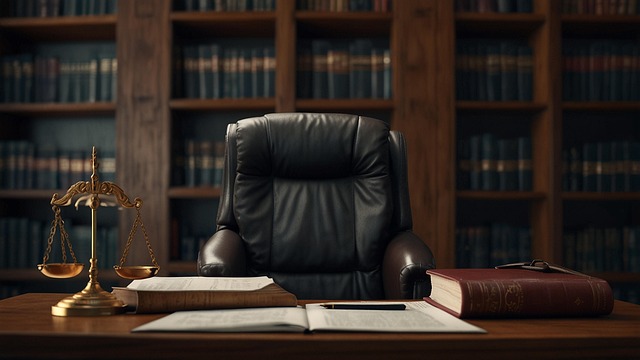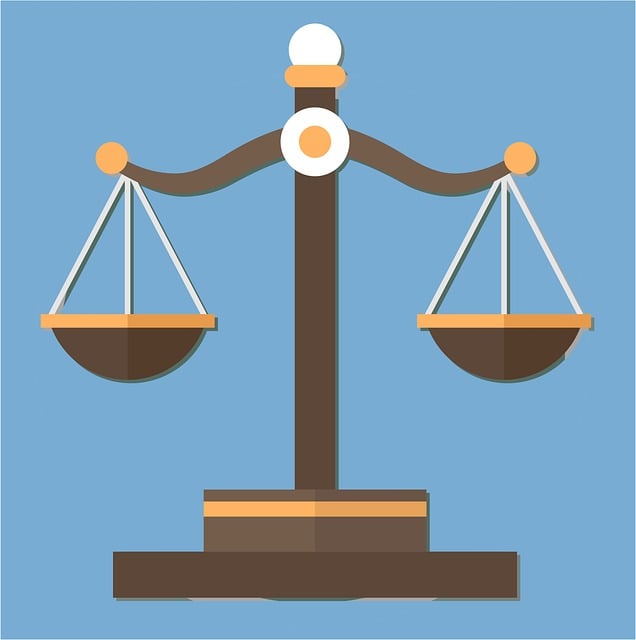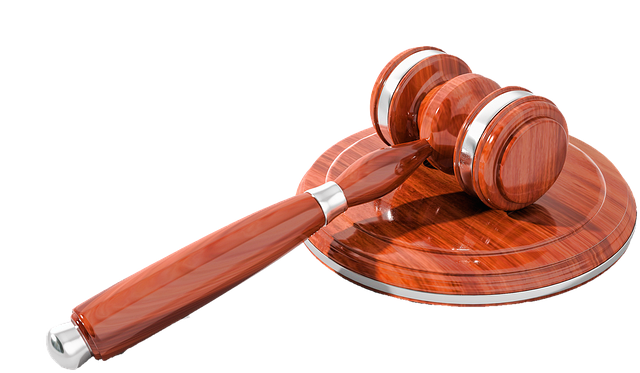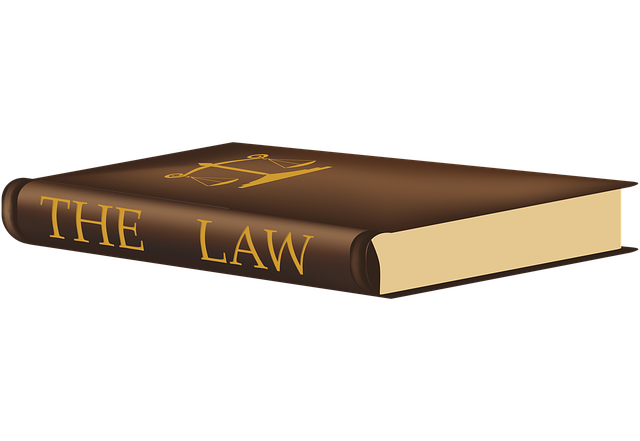The Right to a Fair Trial is a crucial Constitutional principle, vital in high-stakes cases, ensuring individuals are informed of charges, can confront witnesses, and have legal representation. In complex cases like philanthropy and politics, this right fosters trust in the legal system. Organizations must ensure regulatory compliance through meticulous documentation, audits, and communication strategies guided by this right. The judiciary ensures fairness and balances societal needs with accused rights, preventing arbitrary decisions. Achieving harmony between regulation and freedoms is essential for justice and equity. Effective compliance management involves internal controls, training, technology, clear communication, and collaboration, upholding the Right to a Fair Trial as per the Constitution.
Regulatory compliance issues are a complex web that organizations must navigate meticulously. This article explores critical aspects of ensuring adherence to legal standards, particularly focusing on understanding fair trial rights as enshrined in constitutional law. We delve into the role of judiciary, challenges in balancing regulation and individual freedoms, and strategies for effective monitoring and resolution. By exploring these key areas, businesses can fortify their compliance frameworks.
- Understanding Fair Trial Rights in Constitutional Law
- Navigating Legal Standards for Regulatory Compliance
- The Role of Judiciary in Ensuring Adherence to Rules
- Challenges in Balancing Regulation and Individual Freedoms
- Strategies for Effective Monitoring & Resolution of Issues
Understanding Fair Trial Rights in Constitutional Law

In Constitutional Law, the Right to a Fair Trial is a cornerstone principle that guarantees individuals a just and impartial process when facing legal proceedings. This right is enshrined in various legal frameworks, ensuring that every citizen is protected from arbitrary or biased judgments. Understanding this right is crucial, especially in high-stakes cases where the stakes are high and the consequences significant. It involves a balance between ensuring effective justice and safeguarding against potential abuses of power by the state.
The Right to a Fair Trial extends beyond simply being present during court proceedings; it encompasses several key elements. These include the right to be informed of charges, the right to confront witnesses, and the right to legal representation. In cases involving complex matters or significant public interest, such as those within philanthropic and political communities, this right becomes even more vital. Ensuring a complete dismissal of all charges is not the only outcome; it’s about fostering trust in the legal system by maintaining the integrity of the trial process itself.
Navigating Legal Standards for Regulatory Compliance
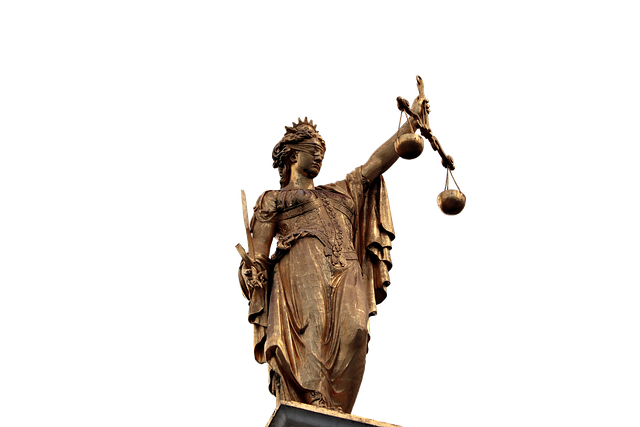
Navigating Legal Standards for Regulatory Compliance presents a complex landscape that requires meticulous attention to detail. Organizations must wade through an intricate web of laws and regulations, ensuring adherence at every step. The challenge intensifies when considering international contexts, where differences in legal frameworks demand adaptable strategies. A key pillar guiding this process is the Right to a Fair Trial, enshrined in the Constitution, which safeguards individuals’ rights during regulatory investigations and subsequent jury trials.
This right ensures that businesses operate within a transparent and just system, fostering an unprecedented track record of trust and compliance. By understanding and adhering to these legal standards, organizations can navigate the complexities with efficiency. The process involves meticulous documentation, rigorous internal audits, and proactive communication strategies throughout all stages of the investigative and enforcement process, ultimately reinforcing integrity and accountability.
The Role of Judiciary in Ensuring Adherence to Rules
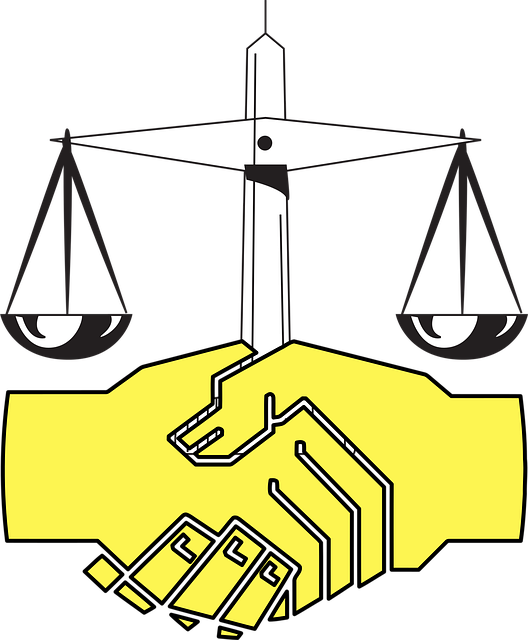
The judiciary plays a pivotal role in ensuring adherence to regulatory rules and maintaining the integrity of legal systems. Courts serve as a crucial check on executive and legislative actions, safeguarding individual rights, particularly the Right to a Fair Trial guaranteed by the Constitution. This oversight is essential, especially in high-stakes cases involving white-collar and economic crimes, where intricate financial schemes can easily obscure the line between legality and illegality.
Judicial interpretation of laws and regulations guides their application, ensuring they are just and proportionate. In these complex scenarios, judges must carefully balance the needs of society for enforcement with the rights of the accused, as outlined in fundamental legal principles. This delicate equilibrium is vital to prevent arbitrary decisions, especially considering the potential long-term impact on individuals’ lives and livelihoods.
Challenges in Balancing Regulation and Individual Freedoms
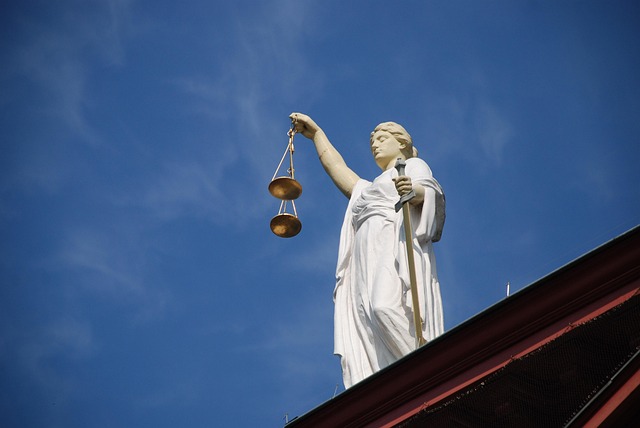
Navigating the intricate relationship between regulation and individual freedoms presents a formidable challenge for legal systems across the country. While laws are designed to protect society and ensure justice, they must also safeguard citizens’ fundamental rights, especially the right to a fair trial guaranteed by the Constitution. Striking this delicate balance is an ongoing task, particularly in high-stakes cases where the consequences can be profound.
The pursuit of achieving extraordinary results in legal proceedings often involves navigating complex regulatory environments. As laws evolve and new challenges emerge, so too do the rights and expectations of individuals. This dynamic requires a nuanced approach, ensuring that regulations serve their intended purpose without unduly restricting personal liberties. Finding harmony between these seemingly competing interests is essential to fostering a just and equitable society.
Strategies for Effective Monitoring & Resolution of Issues
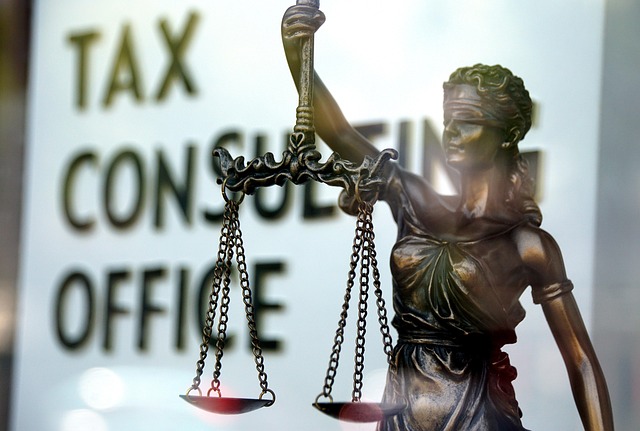
Ensuring regulatory compliance is a multifaceted challenge, but effective monitoring and swift resolution can mitigate risks significantly. Organizations should implement robust internal controls and audit mechanisms to identify non-compliance at an early stage. Regular training sessions for employees, especially those in decision-making roles, can foster a culture of awareness and accountability. Additionally, leveraging advanced technologies like data analytics tools can streamline the process of identifying anomalies and potential compliance breaches.
Addressing issues promptly involves clear communication channels and a structured escalation process. Companies must establish dedicated teams responsible for investigating and rectifying non-compliance. Collaboration with external legal experts and industry peers can provide valuable insights. Upholding the Right to a Fair Trial as enshrined in the Constitution is paramount, ensuring that all processes are transparent and just. This approach resonates with the values of fairness and justice, gaining trust from both the philanthropic and political communities across the country, and fostering an environment conducive to successful jury trials.
In navigating complex regulatory landscapes, understanding and adhering to the foundational principles of the right to a fair trial as guaranteed by the Constitution is paramount. The judiciary plays a pivotal role in interpreting and enforcing these legal standards, ensuring balance between robust regulation and individual freedoms. By adopting effective monitoring strategies, addressing challenges proactively, and fostering open dialogue, stakeholders can foster an environment that promotes compliance, protects rights, and strengthens the integrity of our regulatory frameworks.

